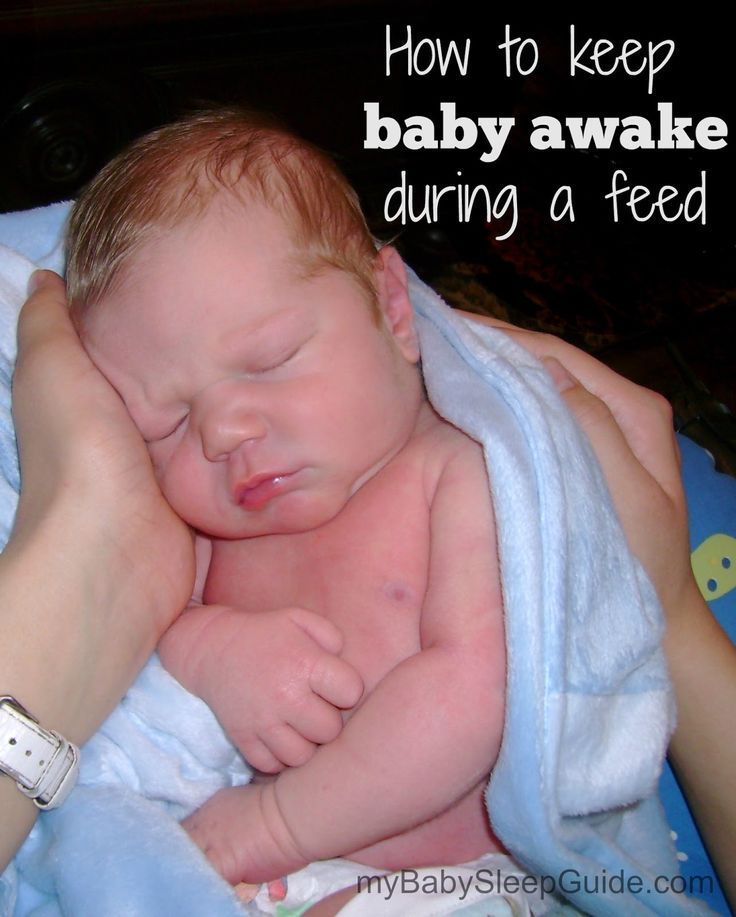Baby sleepy during feeding
Baby Falling Asleep at the Breast? These 5 Tips Can Help!
Most newborn babies will wake regularly and frequently to breastfeed. However, there may be times when your newborn baby needs to be awakened to breastfeed.
For example, there may be medically indicated reasons why a baby may need to be woken to feed such as Jaundice, congenital heart disease, illness or your baby may not be gaining adequate weight...
Share this content
Is Falling Asleep at the Breast Normal?
Babies are biologically programmed to fall asleep at the breast. Falling asleep at the breast is a normal behaviour and is mostly due to a hormone called cholecystokinin or CCK. CCK makes your baby feel full and sleepy and it is released in your babies gut as soon as they start sucking.
Younger babies generally have higher concentrations of CCK which can make it harder to keep them awake during a feed. This is a perfect system if your baby is waking frequently and feeding well but for the baby who is needing to be woken or to be encouraged to feed it can be a challenge.
So how do you keep a sleepy baby awake at the breast? There are some simple but effective things that you can do to help
Try Skin-to-Skin Contact
Keeping your baby in the skin-to-skin position can help ignite your baby’s natural feeding instinct and encourage them to feed. After all, if you are in the kitchen, you want to eat! Babies can easily find the breast in this position and may spontaneously feed.
Skin-to-skin contact also allows you to notice subtle feeding cues that otherwise may be missed. Your baby may only make a slight wiggle to signal to you that they are ready to feed and if you are holding them closely on your chest you are more likely to notice.
Learn Your Baby’s Early Feeding Cues
Understanding your babies feeding signals and feeding them when they are showing early ready to feed signs can help them to feed better. Check out the Australian Breastfeeding associations Feeding cues article for pictures of early and late feeding cues.
Check out the Australian Breastfeeding associations Feeding cues article for pictures of early and late feeding cues.
Compress Your Breasts
While your milk is flowing your baby will be actively sucking but once the flow of milk slows down your baby may slow down or stop sucking altogether. By gently compressing your breasts you will be encouraging your milk flow to continue… and this can help your baby to begin sucking and swallowing again. Read more tips on helping your breast milk flow.
Dr Jack Newman demonstrates breast compressions in this YouTube clip:
Switch Sides
Your breasts work simultaneously, so, when you are feeding on one breast, the other side is also experiencing a letdown.
Once your baby begins to fall asleep, switch sides so that there is a fresh supply waiting for them. You can repeat this several times (switch back and forth between breasts) because you have more than one letdown per feed.
Changing breasts can make it easier for a baby to fill their tummy when breastfeeding. You can also mix it up by switching sides and use breast compressions together
Use Gentle Stimulation
If your baby falls asleep and stops feeding (it's possible for babies to continue feeding while they are sleeping), gently stroking their hands and feet can stimulate them to stay awake for longer.
Sitting your baby up and giving them a gentle back rub can also help to wake them up and it gives them the opportunity to expel any trapped wind that they may have. If that fails, changing your babies nappy mid feed can rouse them enough to feed some more.
Babies are all different and all feed in different ways so what is “normal” for one baby may be different from another. If you are concerned about any aspect of feeding it is essential that you seek help early and it is always important that you follow your health practitioner’s advice.
As a general rule, if your baby is having at least six very wet cloth nappies or at least five very wet disposable nappies of pale urine, 3 or runnier bowel actions in 24 hours then you can be assured that your baby is getting enough milk.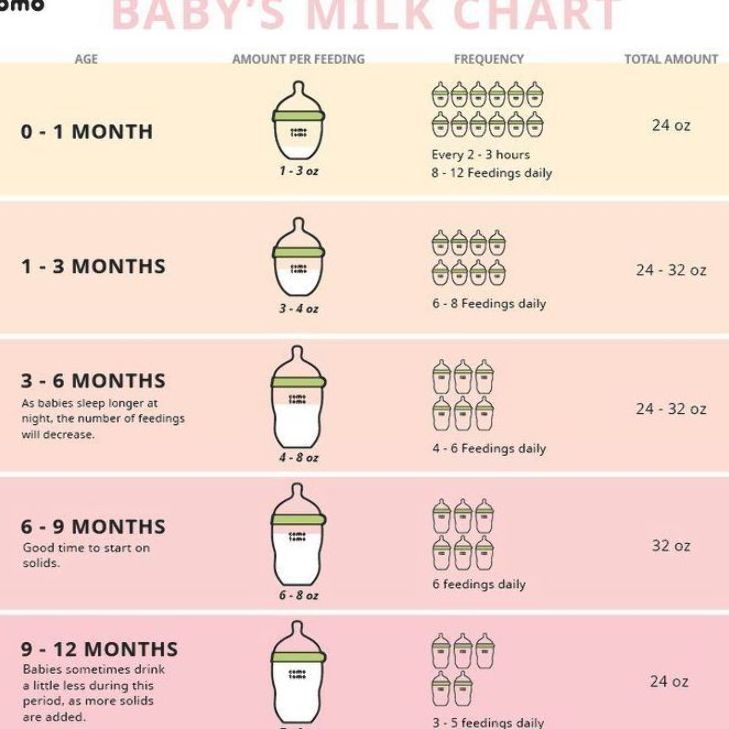
For more information contact:
- Your General Practitioner
- An International Board-Certified Lactation Consultant
- Your Maternal Child Health Nurse
- The Australian Breastfeeding Association
Have you ever had a baby that always seemed to fall asleep at the breast? What did you do to improve the situation? Let’s have a chat and support each other here or on the Medela Australia Facebook page.
What to Do If Your Baby Falls Asleep While Nursing
When you have a new baby, you often get a lot of warnings about how your little one — and you! — will sleep. But you may be surprised to find that in the first few weeks of your baby’s life, they do almost nothing but sleep. In fact, many newborns will spend the majority of their 24 hours snoozing.
This may seem like a good thing, and in most cases, it is. Enjoy these sleepy days while they last! But sometimes your baby ends up sleeping so much that they can’t seem to get in a good feed.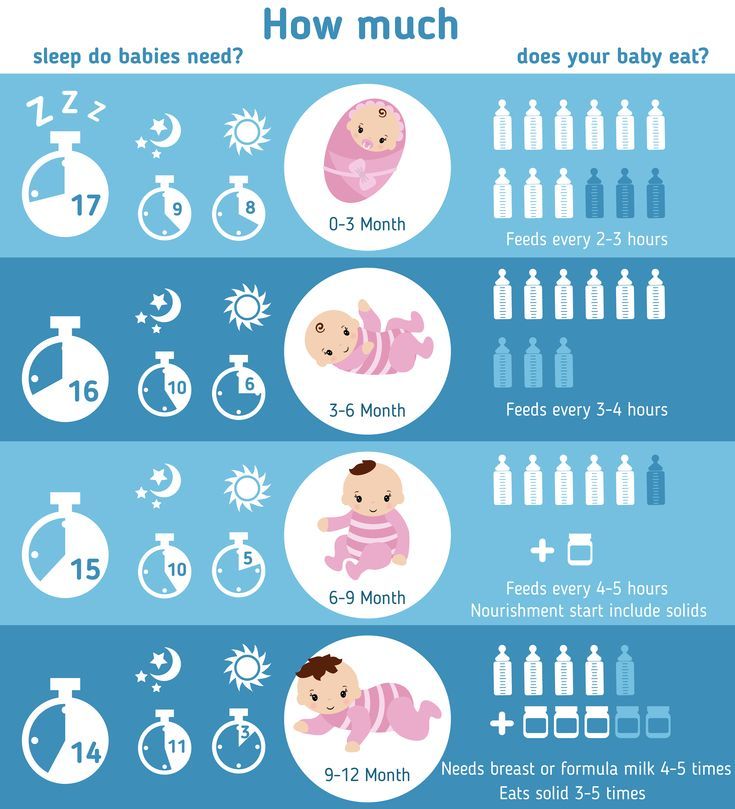 This is especially true for breastfeeding or chestfeeding babies, who have to actively work to extract milk than their bottle-fed counterparts.
This is especially true for breastfeeding or chestfeeding babies, who have to actively work to extract milk than their bottle-fed counterparts.
If your baby can’t seem to stay awake to get a full feeding session in, you likely have concerns. You may be wondering what you can do to keep them awake, if there’s anything wrong with your baby, or if all the sleeping is a sign that feeding isn’t going well.
Let’s take a look.
It’s common for newborns to have days or even weeks when they’re very sleepy and hard to keep awake. Your baby is adjusting to life outside the womb, and this adjustment can be tiring. Plus, your baby may still have their days and nights mixed up, causing them to sleep a lot during the day when you’re ready to feed them.
Luckily, in most cases, “sleepy at the breast” babies don’t stay that way for many feeding sessions in a row or for that long. Most sleepy babies will usually get in enough feeding sessions during a day, even if they have a few sleepy feedings sometimes.
In general, if your baby has enough dirty and wet diapers (usually four to six wet diapers and three to four poopy diapers per day) and is putting on weight at a healthy pace, there’s nothing wrong with them having a couple of sleepy, less vigorous nursing sessions every now and then.
Even falling asleep at the breast is usually fine. In fact, many babies will fall asleep after getting in a good feed. A full tummy makes babies tired, and falling asleep is a natural reaction.
Some babies empty the breast in just a few minutes and fall asleep satisfied. You can usually tell that your baby has had enough when:
- you’ve heard gulping or swallowing while nursing
- your breast feels less full after your baby has detached
- your baby goes from actively sucking to sucking lightly and falling asleep
You may also notice that their body is tense — their hands in tight fists — at the beginning of the feed. But when they’re done, they have unwound and seem more relaxed.
If your baby shows signs of not getting enough milk (fewer wet or dirty diapers and slowed weight gain), then waking them up for those feedings is definitely something you’ll want to focus on.
If you’re not sure if your baby is getting enough milk, visit your pediatrician for a wellness visit and weight check. Again, if your baby is healthy and growing well, falling asleep while nursing isn’t something to stress out too much about. Having your doctor examine your baby can help you sort out what’s going on.
There are some cases in which a “sleepy at the breast” baby may not exhibit typical newborn behavior. In those instances, extra sleepiness is a sign of a medical condition.
The most common newborn condition that tends to make babies extra sleepy is jaundice. In addition to lethargy and poor feeding, babies with jaundice may have yellowish skin, fewer wet or dirty diapers, and may be extra fussy.
Babies with jaundice should see a pediatrician to make sure there are no serious health concerns.
Rarely, babies who are sleepy during feeds may have underlying medical conditions such as a cardiac or respiratory condition. They may also be battling a virus or bacterial infection.
If your baby is having difficulty breathing, has a fever, is vomiting, or is difficult to rouse, speak with your doctor or seek emergency medical attention.
Luckily, there are many things you can try if your baby keeps falling asleep while breastfeeding or chestfeeding. Here are a few favorites.
Tip 1: Switch sides
If your baby falls asleep frequently while nursing, you can try a technique called switch nursing. This is as simple as it sounds.
As soon as your baby starts falling asleep (you may notice that their sucking becomes less frequent or fluttery), you can try switching them to the other side. This may wake them up, and they may find that the other side has milk more readily available.
Tip 2: Compression
Your baby may become sleepy when milk flow slows down. It’s normal for there to be times during a nursing session when the milk flows faster — this is usually during letdown — and times when it slows. But some babies get frustrated when this happens and tend to zonk out.
It’s normal for there to be times during a nursing session when the milk flows faster — this is usually during letdown — and times when it slows. But some babies get frustrated when this happens and tend to zonk out.
You can help get milk flowing again by doing something called breast compression. Using your free hand, cup the side of your breast, making a C shape with your hand. Then gently squeeze. You should feel your baby’s suckling become more active as the milk starts to flow.
Tip 3: Strip your baby down to their diaper
Babies that are too warm tend to get sleepy. So strip your baby down to their diaper and try nursing them. You can also apply cool washcloths to their skin to keep them awake.
If you’re concerned that your baby is too cold, you can drape a breathable blanket over them. But don’t worry too much: When they’re skin to skin with you, they’ll stay warm enough.
Tip 4: Tickle those toes!
Gentle stimulation of your baby’s senses can wake them up. Try tickling their toes, walking your fingers up and down their arms, or swirling your finger around the top of their head.
Try tickling their toes, walking your fingers up and down their arms, or swirling your finger around the top of their head.
Tip 5: Check the latch
If your baby isn’t latching well, they may not be able to get enough milk, and not getting enough milk can make your baby sleepy.
A good latch means that your baby’s mouth is wide open and they’re taking in a good portion of the areola. If you aren’t sure that your baby has a good latch, consider contacting a lactation consultant for assistance.
Tip 6: Get to skin-to-skin
Having skin-to-skin time with your baby is a great way to wake them up to feed. Dress your baby in their diaper only and place them belly to belly with you. This allows them to tap into their newborn instincts, which include searching for and locating the breast.
See if your baby wants to smell, lick, and explore. They may latch onto the breast themselves without any coaxing!
What if nothing is working and your baby just simply can’t stay awake while breastfeeding or chestfeeding? This is definitely an instance where you want to seek out professional lactation help or medical attention, if you haven’t already.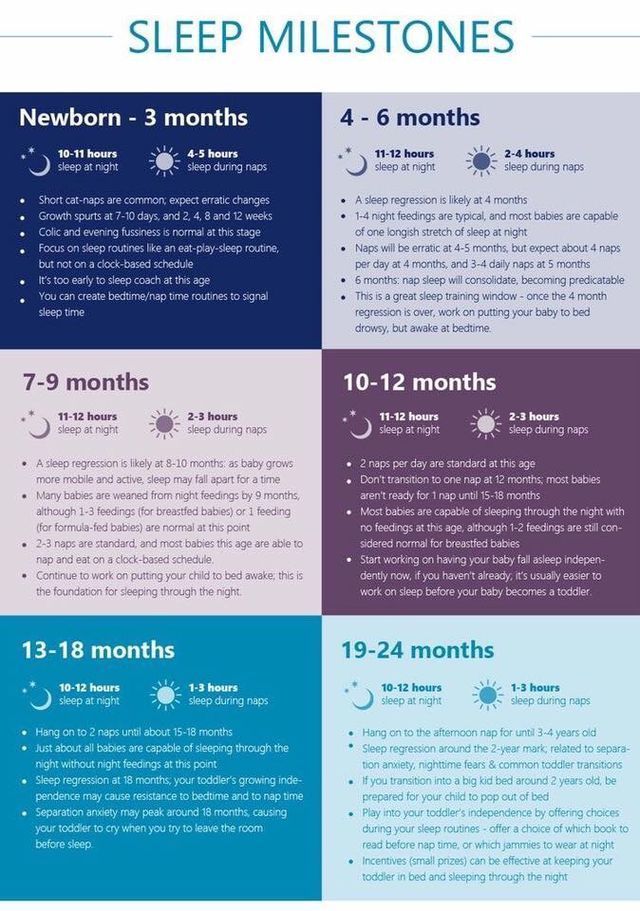
If your baby has gotten to the point where they’re not taking in milk while feeding, supplementing may be necessary.
Supplementing — when done mindfully, and with your own expressed milk when possible — might be just the thing that perks your baby up so that they can have the energy to nurse well. Working on latching, positioning, and other possible issues may also be vital in helping you solve this concern.
Most of all, don’t give up. So many nursing parents have been in this situation at one time or another and have gotten to the other side. You’ll get through this, too.
Sleepy baby or "good baby" syndrome
Childbirth. Start of breastfeeding.10/12/2015
Natalia Gerbeda-Wilson
La Leche League leader
Edition June 2008
What parent doesn't dream of sleeping through the night without waking up after having a baby? Which parent does not rejoice at a good contented baby who sleeps a lot, especially without waking up at night? How often do parents try to train their child to sleep through the night “like an adult”? Sleep issues between parents and children are interconnected, and it is understandable why many parents are so eager to teach their children to sleep longer - we adults are used to sleeping continuously for about eight hours.
And the children? Isn't it dangerous to transfer the norms of adult sleep to newborns? What is normal sleep for a newborn? Many experts are trying to answer these questions, and not only in the field of children's sleep. In this article, we will understand why it is harmful for children to sleep like adults, and how children's sleep that is comfortable for adults negatively affects the health of the baby and breastfeeding. Also, other articles on this topic can be found here.
A child who sleeps frequently and for a long time during the neonatal period (from birth to 6 weeks) seems to parents to be a good, contented and comfortable baby. Such a baby sleeps a lot, cries a little and is always happy with life. A “good” baby can be a strong and completely healthy baby and suckle well at the breast, but very often the leaders of the La Leche League (LLL) and lactation consultants are faced with a phenomenon that is dangerous to the health, and sometimes the life of the child. A “good” baby can also rarely, little or weakly breastfeed, therefore, not getting the milk necessary for growth and development. From the lack of food and fluid, the child may be even "better", "calmer" and "happier". In fact, the child simply weakens, sucks even worse, sleeps even more. In addition, malnutrition can worsen jaundice or hypoglycemia in a child, leading to even more sleepiness. During infrequent or ineffective feedings, the baby cannot get not only enough nutrients, but also fluids. This leads to dehydration of the child's body. Such serious consequences of drowsiness and, as a result, rare feedings, require not only the intervention of doctors, but, possibly, hospitalization of the newborn.
A “good” baby can also rarely, little or weakly breastfeed, therefore, not getting the milk necessary for growth and development. From the lack of food and fluid, the child may be even "better", "calmer" and "happier". In fact, the child simply weakens, sucks even worse, sleeps even more. In addition, malnutrition can worsen jaundice or hypoglycemia in a child, leading to even more sleepiness. During infrequent or ineffective feedings, the baby cannot get not only enough nutrients, but also fluids. This leads to dehydration of the child's body. Such serious consequences of drowsiness and, as a result, rare feedings, require not only the intervention of doctors, but, possibly, hospitalization of the newborn.
How does a normal newborn baby behave? A healthy, full-term, well-adapted newborn may appear "unbearable" and "difficult." Such a lively "often" wakes up and "forever" sucks his breast. Some scientists believe that a human cub should suck almost continuously at its mother's breast.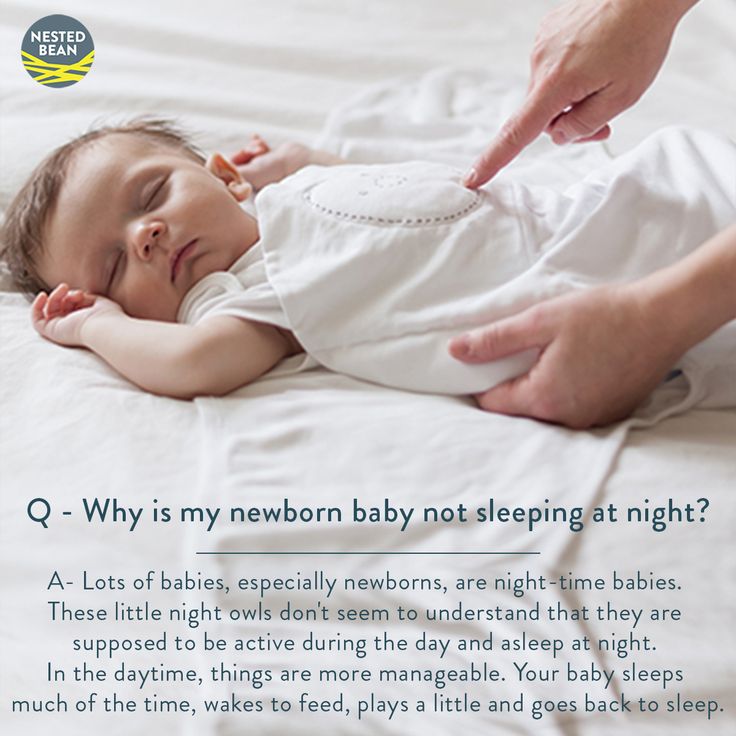 In some cultures, newborns breastfeed every 13-15 minutes. Babies born in a supportive, non-stressful environment with no birth interventions at a hospital in Tokyo, Japan, breastfeed approximately every hour. There is an explanation for such frequent feedings. A newborn's stomach is about the size of his fist, and breast milk is digested very quickly. Frequent feedings allow the baby to suck out a larger total volume of milk in small portions.
In some cultures, newborns breastfeed every 13-15 minutes. Babies born in a supportive, non-stressful environment with no birth interventions at a hospital in Tokyo, Japan, breastfeed approximately every hour. There is an explanation for such frequent feedings. A newborn's stomach is about the size of his fist, and breast milk is digested very quickly. Frequent feedings allow the baby to suck out a larger total volume of milk in small portions.
Infrequent suckling increases the risk of a number of health problems and interferes with feeding.
Feeding infrequently
- The baby may not get the colostrum necessary for health. Colostrum is a concentrated nutrient fluid that also protects the baby from infections.
- It is more difficult for a baby to suckle at the breast after the arrival of milk. In the first days after birth, the baby learns to suck on the breast that is still soft. This is especially important if the mother has flat or inverted nipples.
 With the advent of milk, frequent attachment helps to avoid painful breast engorgement and also makes attachment easier for the baby, as the breast remains relatively soft.
With the advent of milk, frequent attachment helps to avoid painful breast engorgement and also makes attachment easier for the baby, as the breast remains relatively soft. - Increased risk of aggravated neonatal jaundice requiring medical attention. Bilirubin, a breakdown product of hemoglobin that turns the skin yellow, is found in meconium, the first stool of a newborn. Frequent feedings contribute to frequent bowel movements and the removal of excess bilirubin from the body.
- Increased risk of postpartum haemorrhage in the mother and delayed delivery of the placenta. Frequent suckling stimulates uterine contractions in the parturient woman.
- The likelihood of painful swelling of the breast after the arrival of milk increases. The more often the newborn sucks, the less breast engorgement.
- The arrival of milk is delayed. Frequent sucking stimulates the breast and promotes the flow of milk.
- Increased risk of excessive weight loss in a child.
If the baby rarely breastfeeds, he sucks less milk.
- Increased risk of hypoglycemia. Insufficient feeding is associated with low blood glucose levels, which in severe cases leads to drowsiness, lethargy, heavy sweating, frequent flinching, trembling, refusal to feed, difficulty suckling, rapid breathing, and paleness in the child.
- Increases the risk of starvation of the child and, as a result, slow growth and development.
- There may be a lack of milk in the mother. Milk production works on the principle of supply and demand. The more often the baby suckles, the more milk is produced. Accordingly, the less often the child sucks, the less milk. The neonatal period is especially important for establishing normal lactation.
- Prevent mother and child from adjusting to each other in the first weeks of a child's life. Frequent feedings force both baby and mother to find an acceptable way to coexist.
Why can a baby be sleepy and uninterested in suckling?
- Difficult labor and delivery, as well as the use of birth medications, can cause the baby to become drowsy, disinterested in suckling, and unable to coordinate suckling, swallowing, and/or breathing at the breast.
- Medical causes such as jaundice or infection.
- Newborns with jaundice, especially those given glucose bottles instead of colostrum. Neither water nor glucose contribute to the removal of bilirubin from the body. Bilirubin is excreted from the body of the child with the stool. Colostrum weakens, stimulating the work of the intestines, and does not allow bilirubin to be absorbed into the blood from meconium saturated with bilirubin.
- Improper attachment or latching on to the breast may result in loss of interest in suckling and drowsiness at the breast. Correcting the latch helps the baby suck milk better.
- After the arrival of milk, it may be difficult for the baby to take a full breast. Swollen breasts are much harder to suck on. In this case, express some milk to make it easier for the baby to take and suckle the breast.
- Lights that are too bright or loud noises can push your baby to "pass out" and fall asleep.
A sleepy child must be woken up and fed! Baby needs to learn to suckle; feel the connection between hunger, stomach discomfort, breast sucking and a pleasant feeling of fullness; and most importantly, the child needs the opportunity to suck out a sufficient amount of milk necessary for growth and development. The American Pediatrics Association recommends feeding babies at least 8-12 times a day. Today it is allowed if the child sleeps 4-5 hours in a row once a day. Contrary to expectations, the frequency of feedings may be uneven throughout the day. Many babies suckle less often in the morning and much more often, or crowded, in the evening.
How to wake up a sleepy baby
- Pay attention to the features of the baby. Different children react differently to light, sounds, and touch. Every mother quickly notices what exactly her baby reacts to. Make sure the baby is healthy and that the drowsiness or inability to suckle is not caused by an illness. If a healthy baby does not wake up 2-3 hours after the previous feeding, let him sleep for another 30-60 minutes and try to wake and feed the baby again.
- It is easiest to wake up your baby when he is in a state of light or light sleep. In this state, the baby's eyelids tremble quickly, as if trembling, arms and legs move.
The child smacks his lips or sucks, especially if he accidentally touches his face with his hands. The child's face is grimacing, as if he is dreaming of something.
- Feeding is best done in low light. Children often close their eyes if the room is too bright.
- Do not wrap the baby. If the room is warm, undress the baby to the diaper. If the temperature in the room is above 27 degrees, children suck less often and worse.
- Look into the child's eyes, talk to him.
- Try to sit the baby on your lap, bending his body at the hips (never at waist level).
- Lay your baby on their back on a hard, flat surface.
- additional baby stimulation
- Rub your baby's back or run your fingers along the spine.
- Change diaper.
- Rub your baby's legs and arms.
- Give your child a massage or bathe together. Attach the undressed baby to the bare skin.
- Wipe baby's face with a cool damp cloth.
- Run your finger over his lips.
- Squeeze some milk onto the baby's lips.
Sucking encouragement
- Support the breast so that it does not press on the baby's chin.
- Squeeze the breast rhythmically several times during feeding.
- As soon as the baby stops suckling, change breasts.
- Let the baby burp or change the diaper.
- Try armpit feeding.
- Massage the back of your baby's head while feeding.
When drowsiness is dangerous
If your child has any of the following symptoms in addition to drowsiness, contact your doctor and lactation consultant IMMEDIATELY for help. As soon as possible, start expressing milk. Depending on the age of the baby and the current situation, feed the baby with expressed milk, in whole or in part.
- Lethargic (child cannot wake up)
- Weak crying
- Flaccid skin that does not straighten from pinching
- Dry mouth and mucous eyes
- Minimum urine output (less than two wet diapers in 24 hours)
- Sunken spring
- Temperature
If you're not sure why your baby is sleeping a lot or feeding poorly, call an LLL leader, lactation consultant, doctor, or other experienced breastfeeding mom. It is better to be safe once again than to be tormented by doubts.
Health to you and your baby!
More information
Common myths about breastfeeding Myth #7.
References
American Academy of Pediatrics Work Group on Breastfeeding. Breastfeeding and the use of human milk. Pediatrics 1997; 100:1035-39
Lawrence, R.A. and Lawrence R.M. Breastfeeding: A Guide for the Medical Profession, 5th ed. St. Louis: Mosby, 1999.
Mohrbacher N., Stock J. Breastfeeding Answer Book, Third Revised Edition, January 2003, La Leche League International,
Riordan, J. and Auerbach, K. Breastfeeding and Human Lactation, 2nd ed. Boston: Jones and Barlett, 1999.
Womanly Art of Breastfeeding, 6th ed. La Leche League International, 1997
Chele Marmet, MA, IBCLC, Lecture “Difficulties with suckling in the infant”, La Leche League International Conference, San Francisco, USA, 2003
Breastfeeding and baby's night sleep
09/26/2014
24
Any mother has the right to choose how and what to feed her baby. Moreover, for some mothers, unfortunately, there is no choice. Breastfeeding for a mother can also become tender moments alone with the baby and tormenting flour.
Many mothers feel uncomfortable with the feeling of complete attachment to the house and the baby; restrictions in the usual way of life and nutrition, and sometimes the inability to exclude medications, can become a serious factor when choosing artificial feeding.
This is a choice every mother is entitled to.
But sometimes a nursing mother whose child does not sleep well hears the opinion of her friends, pediatricians (which is especially sad), grandmothers that this is all because the baby is breastfed. The words that endless nocturnal rises are the essence of motherhood, and since I feed myself - all the more, for a long time kept me in the state of an eternally sleepy and tired heroine. Are really breastfeeding mothers doomed to the feat of endless nightly feedings until the moment of weaning? For me, the end came when one night my son woke up 8 times, after which in the morning I no longer remembered how many more times I got up to “feed” him.
In fact, formula-fed babies often sleep no better or worse than breastfed babies.
The whole point is that the amount or type of food is not always the reason for nighttime (all the more frequent) awakenings of a child older than 3-4 months. Yes, breast milk is absorbed faster by the digestive system; Yes, formula-fed babies may sleep for longer periods due to slower digestion of formula, and therefore a longer satiety period. However, the main cause of sleepless nights is still the lack of infancy (and sometimes early preschool) skills to fall asleep on their own. So the kids are looking for support and help from their mother (who else?) in the form of a call “feed me”, “hold me on the handles”, “shake”, “stay my nipple”, etc. And mom happily goes to the rescue, until one day she stops, realizing with horror that all she thinks about now is an uninterrupted sleep of 2 (put your number) hours.
I never get tired of repeating that all children are different, but there are indicative frameworks that will help a mother decide whether her baby's hunger is real or whether he still needs her support.
![]()
- Newborn babies need to eat every 2-3 hours whether it is day or night. During this period, frequent attachments are also important for a young mother, because. her lactation is still in its infancy;
- Babies aged 3-4 months will need about 2-3 feedings (sometimes 4) per 12 hours of sleep per night. Remember, the structure of infant sleep will only change around 4 months;
- Babies 5-7 months need 1-2 feedings per night;
- Closer to a year, at the age of 10-12 months, most children, regardless of the type of feeding, sleep through the night. Don't forget that there are adults who can't go 12 hours without going to the kitchen, so be patient if your little one still wakes up to eat once. However, you must be absolutely sure that he knows how to fall asleep on his own, really eats during such awakenings (swallowing should be clearly audible).
At about one year of age, if you are still breastfeeding, you may want to consider weaning from night feeds.
![]()
There are other factors that increase the baby's need to attach to the mother's breast, which are important to remember. At the age of 4-5 months, the child already knows a lot: turn his head and follow objects, focus his eyes on objects at different distances, sometimes roll over, distinguish voices and sounds - the world around him becomes more and more interesting for him. This means that he can not miss anything, and sometimes even the time for feeding seems to be wasted.
The baby is distracted by every little thing during the day, the mother can hardly “force” him to eat. As a result, at night, when this amazing world calms down and muffles its colors, the child is forced to compensate for everything that was not eaten during the day. A good solution in this case would be to organize daytime feeding in a quiet environment, a darkened room. Some mothers are helped by slingobuses, which distract the baby, but do not require turning their heads, others hide in the pantry for feeding - all methods are good here.
Teething, colds, colic and other ailments will also increase the number of night feedings. When we do not feel well, we want warmth and care, and a mother’s breast for a child is the embodiment of these concepts. There is nothing left here but to alleviate the suffering of the baby, including through frequent attachments. If you are sure that the cause of colic is unwell, try to feed the baby for as long as possible with one breast - this way he will receive nutritious “hind milk” and will not overeat the “front milk”, which can also provoke bloating. Luckily, these times pass quickly.
Working or studying mothers may not be able to spend enough time with their baby during the day, and he will ask for compensation at night. Therefore, it is very important to give the child maximum warmth and care during those daytime hours when you are around. Carry it in your arms, talk to it, touch it. Skin-to-skin contact will give the baby a sense of security, confidence that mom is there, even if she sometimes goes to work during the day. However, such mothers sometimes find night feedings a wonderful time to be just the two of them, because mothers need this time no less.
Stressful situations will also provoke most babies to look for their mother and demand a breast. The arrival of relatives to visit, quarrels of parents, going to a party with a child, moving to your own bed or even a room, participating in a costume party (have you been looking at the face of a clown or Santa Claus for a long time?) are not such fun events for a fragile psyche, but a mother’s warmth is the best guarantor of safety. Try to avoid such events while the child is very young, and if this is not possible, do not refuse the child additional application. Another way to help him feel secure is to offer a hug toy. Such a toy should be with the baby in the warmest moments of his life (feeding, fun games with parents) at first, then, having it nearby, it will be easier for him to survive short periods of new situations.
How to teach a baby to fall asleep without a breast
If you have eliminated all the above reasons, and your baby still wakes up more often than necessary for adequate nutrition for age - what is the reason? Often in such situations, the formed negative association between breasts and sleep is to blame. In other words, the baby simply does not know any other way to relax and fall asleep, except for the rhythmic sucking on the mother's chest. But, as I often write in my plans, he does not know - does not mean that he cannot learn! Who would have known that falling asleep is a skill that needs to be taught? But, think about it, you taught your baby to properly grasp the chest, roll over, sit, chew, drink from a spoon - why not fall asleep? So, how to put a baby to bed without a breast - a guide to survival:
The first step in dealing with frequent nighttime awakenings for breastfed babies should be to separate feedings and sleep.
In order to show your baby that there are other ways to relax, it is important to let him explore these ways and try to find his own. And for this he must be awake after feeding!
So, if your baby is older than 5 months, feed after sleep, not before it. Move all feedings out of the sleeping area - ideally to another room, and definitely don't feed lying on the bed where you both have a good chance of falling asleep. It is difficult, especially at night, but your perseverance in just a few days will bear fruit.
A sleepy and relaxed baby should be given the opportunity to try his hand at falling asleep - give him the opportunity to roll in the crib, sing songs, even whimper - do not rush to "rescue" him in the first second of anxiety. Understand that any change in routine will be met with protest, but if you have a goal, it's worth pursuing. Your throwing will only further confuse the child. At the same time, feel free to help him in other ways - shake him a little, sing, hiss or pat him. It is important that gradually, over the course of days (and sometimes weeks), you reduce your "help", giving him more and more space to fall asleep on his own. Ideally, your assistance should stop before the child is completely asleep - he should make this wonderful transition from wakefulness to sleep.
Be sure to put your baby to sleep where he wakes up at night. A sudden change of scenery, when he fell asleep on your bed, and woke up on the other side of the room in his crib, can scare and upset the kids, and you don’t need it at all.




